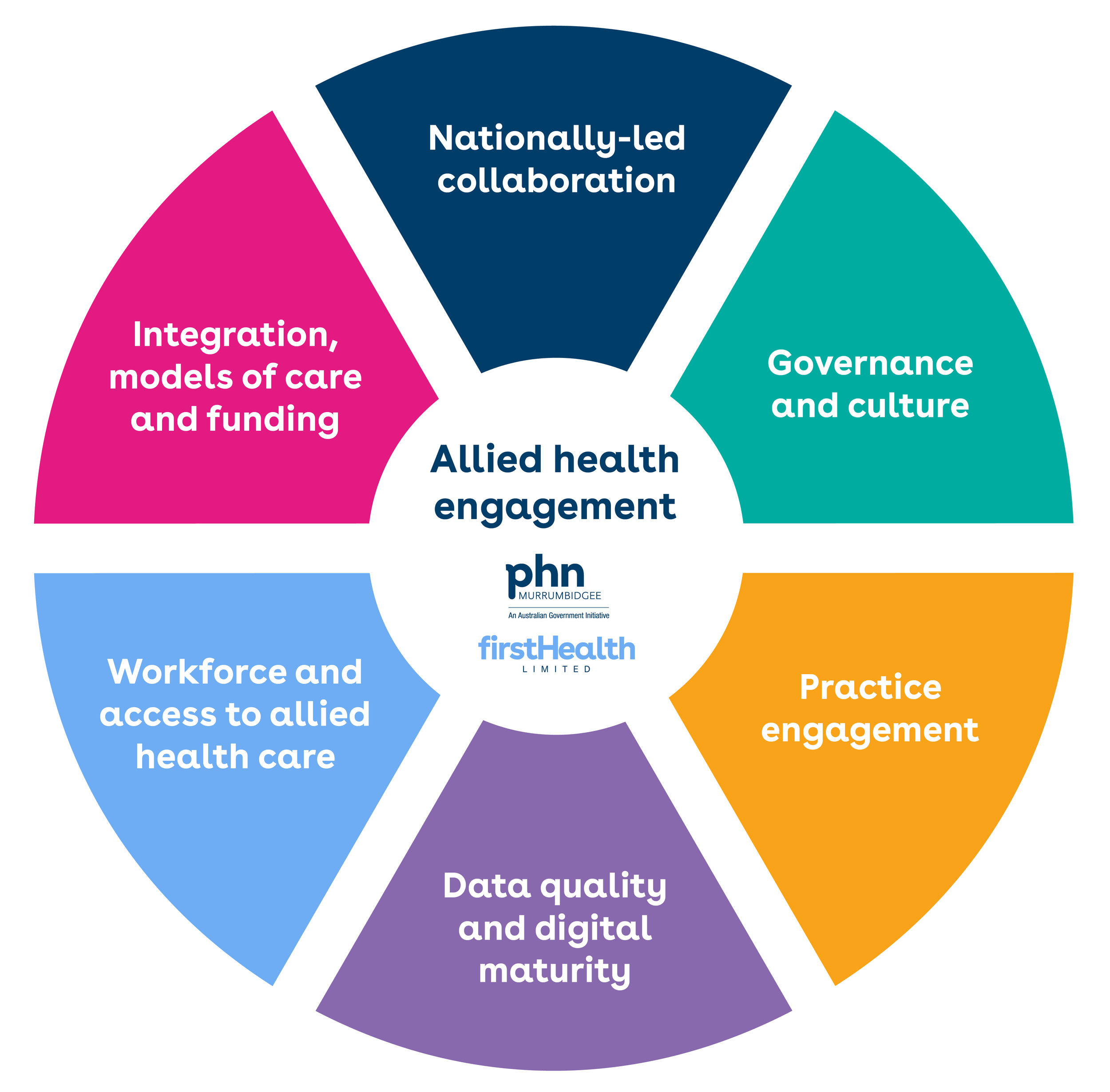Health Care Careers Compared
Health Care Careers Compared
(Health Care Careers Compared)
Discussion.
- Analyze two career options in the health care industry, in terms of the educational requirements, job responsibilities, and average salaries.
- From the e-Activity, discuss two differences between health care professionals and allied health care professionals. Provide specific examples to support your rationale.
Discussion Response: Health Care Career Options and Professional DifferencesCareer Options in the Health Care Industry

- Registered Nurse (RN):
- Educational Requirements: A diploma in nursing, an associate degree in nursing (ADN), or a Bachelor of Science in Nursing (BSN) is required, along with passing the NCLEX-RN examination.
- Job Responsibilities: RNs provide direct patient care, administer medications, monitor patient progress, educate patients and families, and coordinate care with other health professionals.
- Average Salary: The median annual salary for RNs in the U.S. is approximately $77,600, depending on location, specialty, and experience (source: Bureau of Labor Statistics, 2024).
- Medical Laboratory Technologist (MLT):
- Educational Requirements: A bachelor’s degree in medical technology or a related field, with certification often required by employers (e.g., ASCP).
- Job Responsibilities: MLTs conduct laboratory tests to analyze body fluids and tissues, assist in diagnosing medical conditions, and maintain laboratory equipment.
- Average Salary: The median annual salary for MLTs is approximately $57,800.
Differences Between Health Care Professionals and Allied Health Care Professionals
- Scope of Practice:
- Health care professionals, such as physicians and RNs, typically provide direct patient care, perform diagnoses, and develop treatment plans. For example, a physician diagnoses illnesses and prescribes medications.
- Allied health professionals, such as physical therapists and radiologic technologists, focus on specific aspects of care, such as rehabilitation or diagnostic imaging. For instance, a physical therapist helps patients regain mobility after surgery.
- Educational Focus:
- Health care professionals often undergo broader and more intensive education, including medical or nursing school, with clinical rotations.
- Allied health professionals typically have specialized training focused on their specific roles. For example, a respiratory therapist completes a program focused on pulmonary care rather than general medicine.



